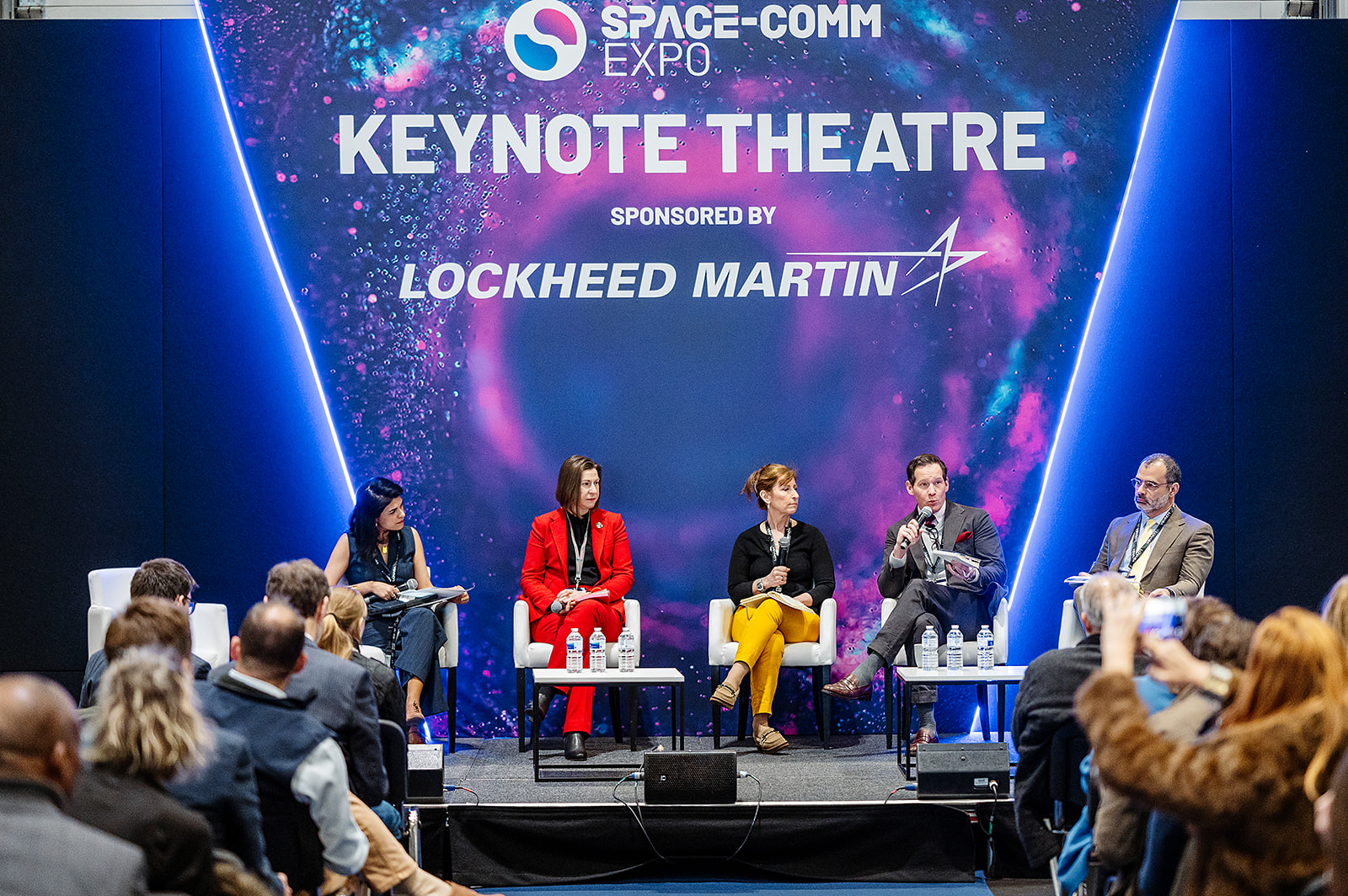University of Surrey's Prof Adam Amara appointed as UKSA Chief Scientist

Courtesy University of Surrey
While remaining at Surrey, Professor Adam Amara (above) will split his time between his space strategy role at the University and his new role at the UKSA, in which he will offer independent expert advice and strategic guidance on all scientific areas within the Agency's remit.
Professor Amara said of his appointment: "I am honoured to be appointed as the UK Space Agency's Chief Scientist during such an ambitious and exciting time for the UK's space industry and its contributions to the UK economy. My role is to work with the space community across academia, government and industry to ensure the UK seizes the opportunities ahead."
Professor Amara will now oversee a broad range of disciplines, including astronomy, astrophysics, planetary science, solar physics, space weather, lunar and Mars exploration, International Space Station experiments and Earth and climate science. In addition to building relationships across the UK space community, Professor Amara will also be working closely with global agencies, including the European Space Agency (ESA) and NASA, to promote the UK's space priorities.
Professor Tim Dunne, Provost and Senior Vice-President at the University of Surrey, said: "I want to congratulate Adam on this exciting opportunity to lead the UK Space Agency's scientific work. His appointment highlights the University of Surrey's lasting strength and rich heritage in space sciences, centred on the discoveries, innovation and industrial impact of the Surrey Space Centre."
The Surrey Space Centre, founded in 1979 by Professor Sir Martin Sweeting, pioneered small satellite technology, which is credited with changing the economics of space and laid the foundations for much of today's space industry. The Surrey Space Centre led to the creation of the hugely successful spin-out company Surrey Satellite Technology Ltd (SSTL) in 1985.













